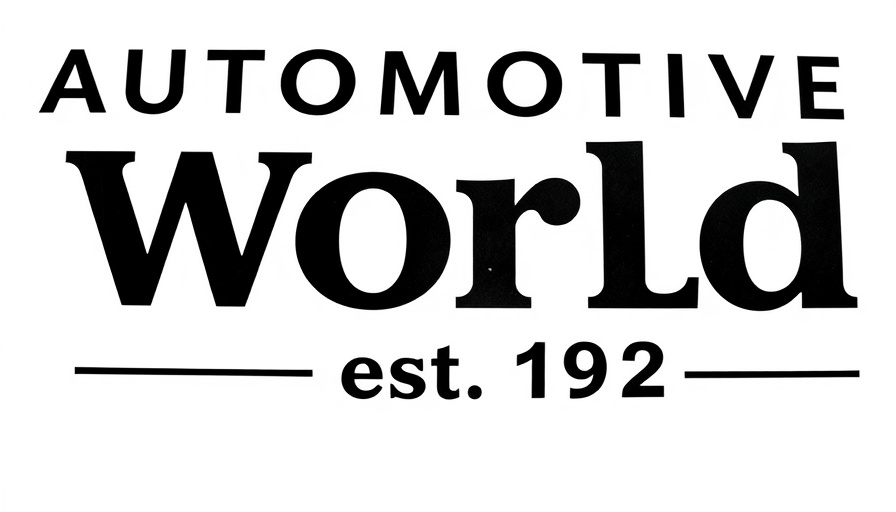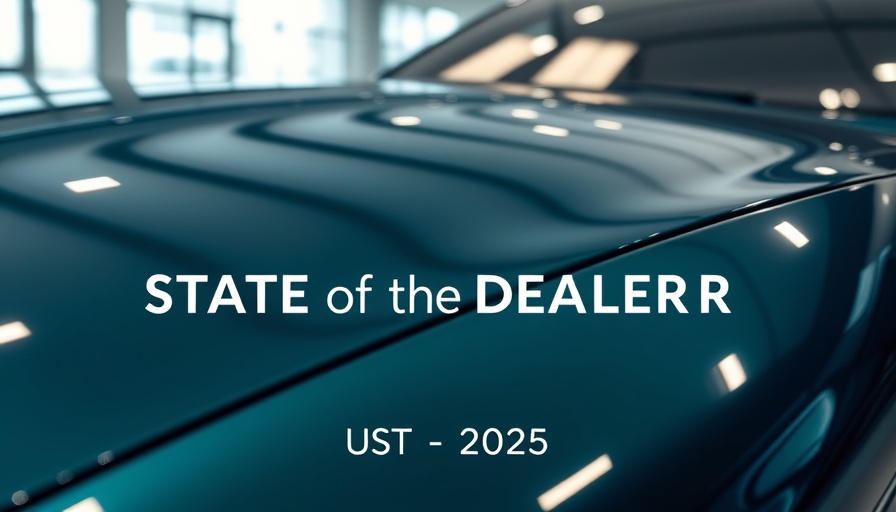
Wincanton's Commitment to Sustainability
Wincanton, a leading supply chain partner for UK businesses, is taking significant strides towards sustainability with the introduction of 24 new electric vehicles (EVs) to its logistics fleet. This multimillion-pound investment is a major move in their goal to reduce carbon emissions and transition towards a greener supply chain. With the new electric-powered trucks, operational at over 40 tonnes, Wincanton estimates a reduction of 2,400 tonnes of CO2 emissions annually.
Building the Infrastructure for Change
To facilitate the integration of these electric trucks, Wincanton will establish depot-based charging infrastructure across its key sites, including Greenford, Portbury, and the Scotland Gateway Hub. This infrastructure, developed in collaboration with Voltempo and Gridserve, is critical for ensuring the success of its electrification efforts and illustrates Wincanton's commitment to sustainable fleet operations.
Partnerships for a Cleaner Tomorrow
This initiative is part of Wincanton's participation in innovative transportation projects like the Electric Freightway and the eFREIGHT 2030 consortia, both supported by the UK's Department for Transport. These projects aim to showcase the potential for zero-emission heavy goods vehicles (HGVs) and provide insights that can shape further efficiencies in logistics. Collaboration stands at the core of Wincanton's sustainability strategy, as Managing Director Carl Hanson emphasizes the importance of working with partners to unlock a greener supply chain.
Future Trends in Logistics
The transition to electric vehicles represents a significant turning point for the logistics industry. While the full adoption of low-emission vehicles might still be years away, Wincanton’s pioneering efforts showcase that businesses can leverage existing technologies to enhance efficiency and reduce emissions today. From the use of Hydrotreated Vegetable Oil (HVO) to powering a significant portion of its logistics fleet, Wincanton is setting a precedent for what a sustainable logistics operation looks like.
Why It Matters to Dealerships and Automotive Professionals
For dealership owners and automotive professionals, initiatives like Wincanton's not only represent a shift in logistics but signal broader trends in automotive sales and servicing. As companies increasingly prioritize sustainability, understanding the capabilities and benefits of electric vehicles will become essential training for auto sales teams. The emerging demand for electric and hybrid options underlines the importance of auto salesman training programs, equipping staff with the knowledge to navigate a changing automotive landscape.
Turning Knowledge Into Action
In conclusion, Wincanton’s introduction of electric-powered HGVs is not just a move towards reduced emissions. It also provides a blueprint for businesses in the automotive sector to follow. As sustainability becomes central to supply chain conversations, dealerships will need to adopt similar practices and invest in training their sales teams. The transition to a greener future in logistics is underway, and those prepared with the right knowledge and tools will be leaders in this transformation.
 Add Row
Add Row  Add
Add 

 Add Row
Add Row  Add Element
Add Element 




Write A Comment